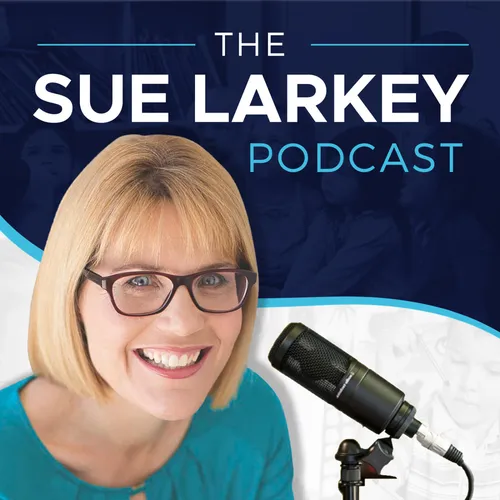
Sue Larkey Podcast - Autism (ASD), ADHD, ODD and PDA education
Sue Larkey enlightens, and entertains with valuable insights into Autism Spectrum Disorder, ADHD, ODD and PDA. Covering strategies from the Early Years to Teens Years and Beyond.
Visit https://suelarkey.com.au/podcast-listing/ to get access to the books, downloads and extra information provided with each episode
To learn more about teaching or understanding ASD please visit my websites below.
https://suelarkey.com.au
Join Sue as she shares simple yet effective tips, supports and strategies on a range of topics including social skills, communication and positive behaviour support.
Sue Larkey is uniquely positioned within the education system having taught both as a primary school teacher and a special education teacher. She combines this practical experience with extensive research, having completed a Masters in Special Education and currently undertaking a Doctorate of Education, focusing on inclusive education.
Sue is unashamedly passionate about her mission – to inspire parents and educators and teach them how to Make it a Success.
- Update frequency
- every 6 days
- Average duration
- 33 minutes
- Episodes
- 313
- Years Active
- 2018 - 2025

SLP 052: 2020 Happy New Year and Make Toilet Timing a Goal for 2020
Happy New Year from Sue
Why I call it Toilet TIMING not toilet training
10 Top Tips for Toileting
Show notes and special survey for this podcast are at:
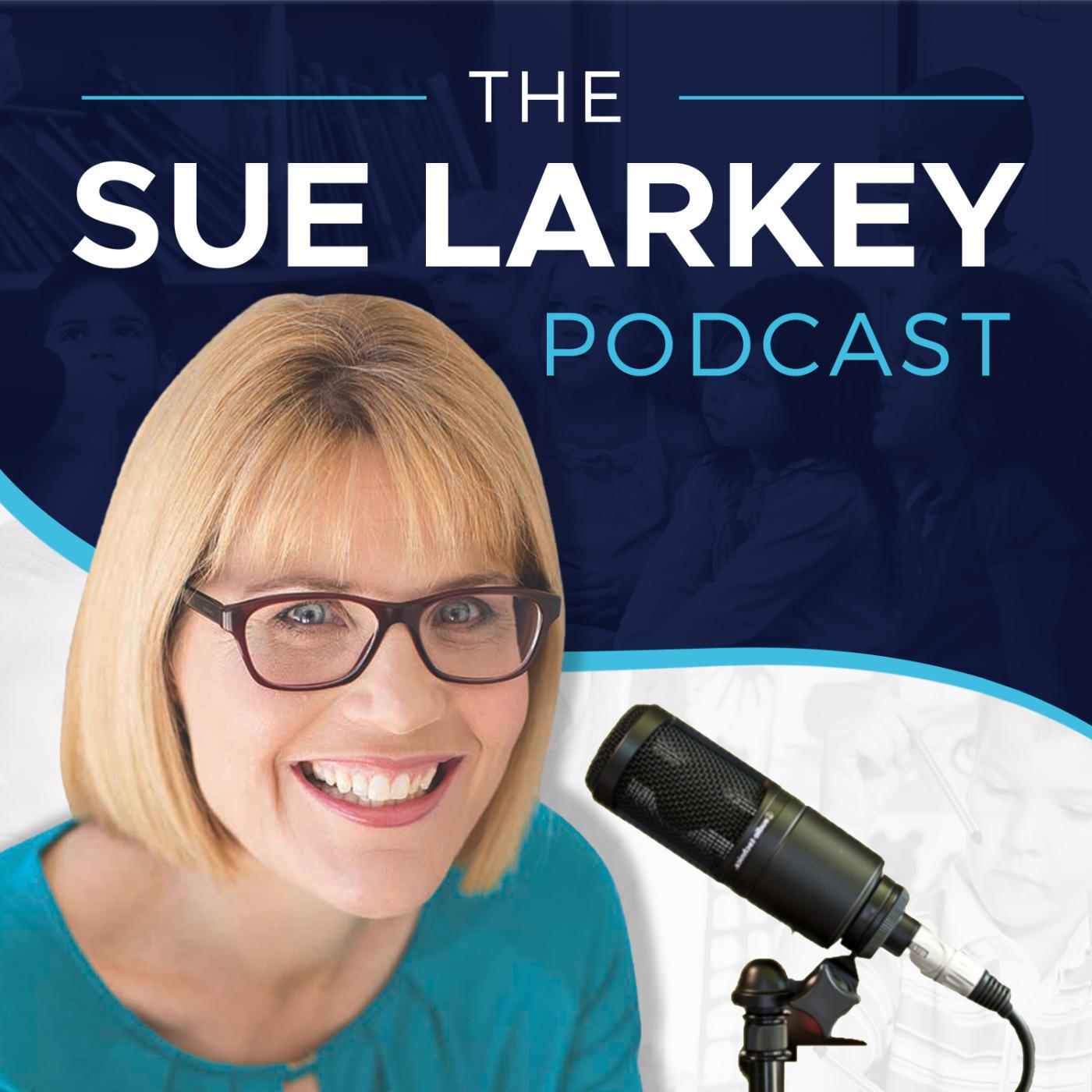
SLP 051: How Can I help in 2020 Your Top 11 Questions Answered
- How to respectfully explain to other children why someone is behaving in a certain way
- What before and after school prep can parents do to prevent a bad spell
- Help with sports environments e.g. swim…

SLP 050: Sue Discusses: Love on the Spectrum, Hannah Gatsby Ted Talk & Gig Buddies Sydney
Show notes for this podcast are at:
Sue talks about her AMAZING year also 3 of her favourite talks.
https://suelarkey.com.au/slp-050-sue-discusses-love-on-the-spectrum-hannah-gatsby-ted-talk-gig-bu…
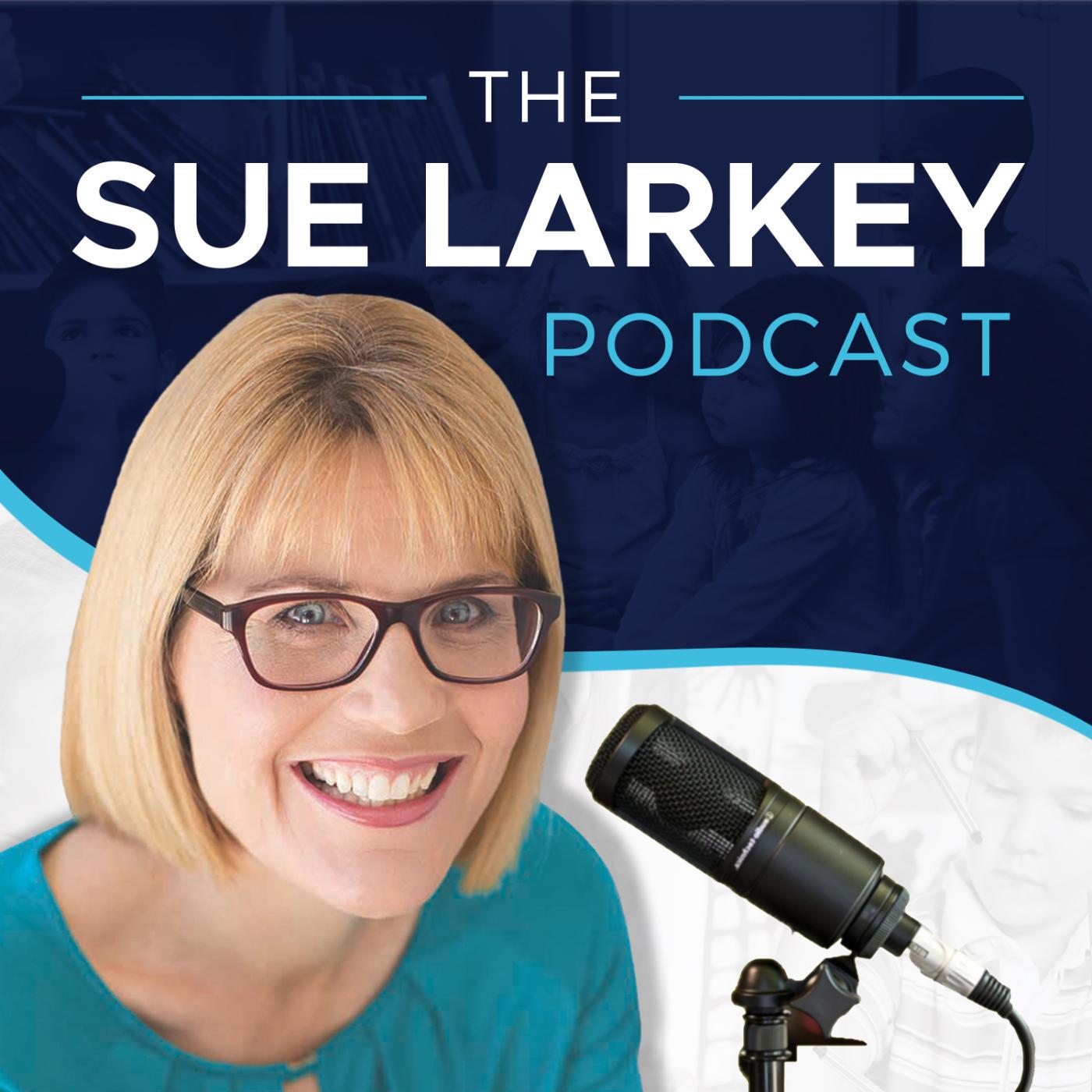
SLP 049: Resources, Gift Ideas and End of Year Tips
Sue answers some more questions with specific books and products that could help with them. Also some tips and Sue talks about this years Christmas catalogue.
Things you will find in the 2019 Christm…
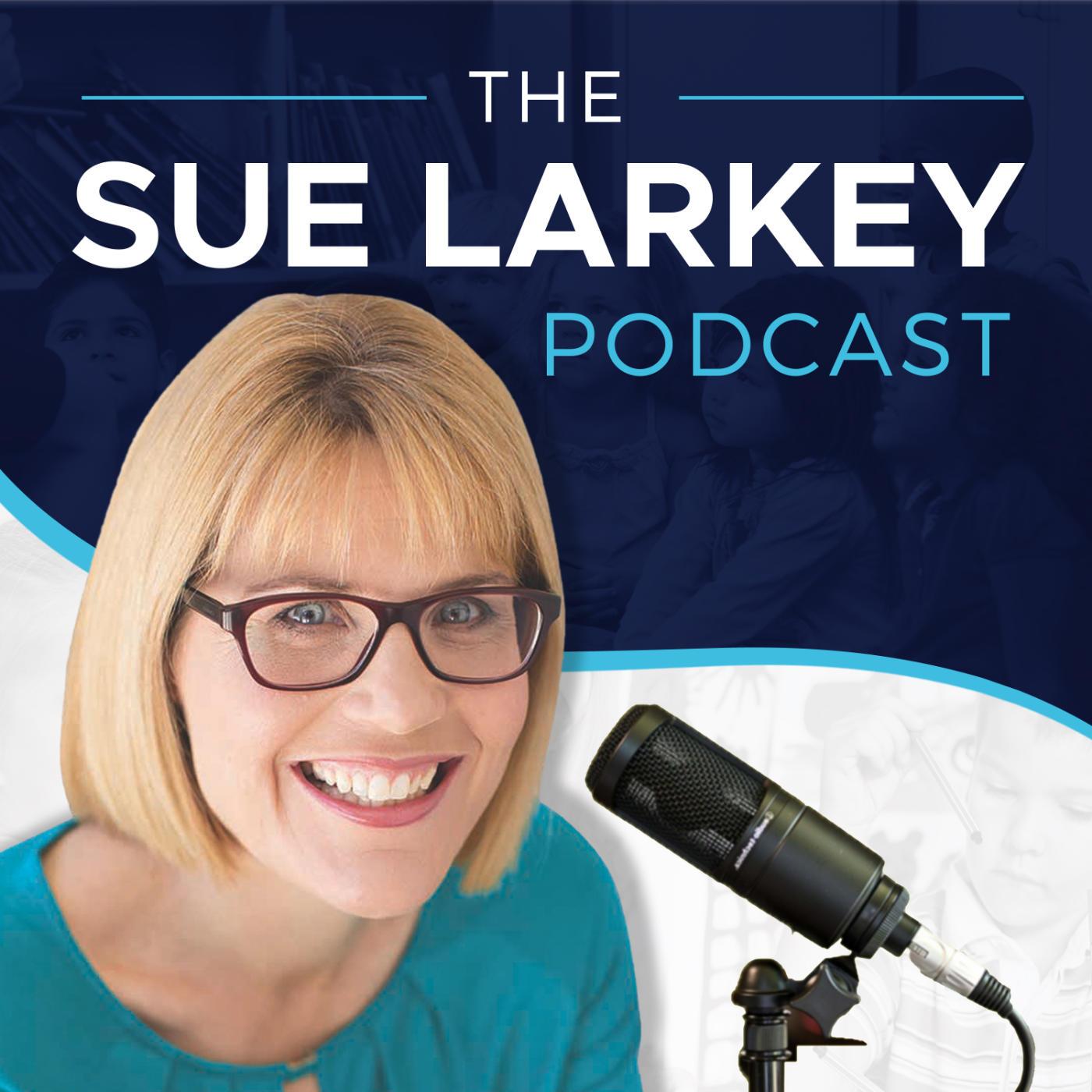
SLP 048: your questions answered
Show notes for this podcast are at:
https://suelarkey.com.au/slp-048-questions-from-the-sue-larkey-community-answered
Join the facebook group specifically for this podcast - https://www.facebook.co…
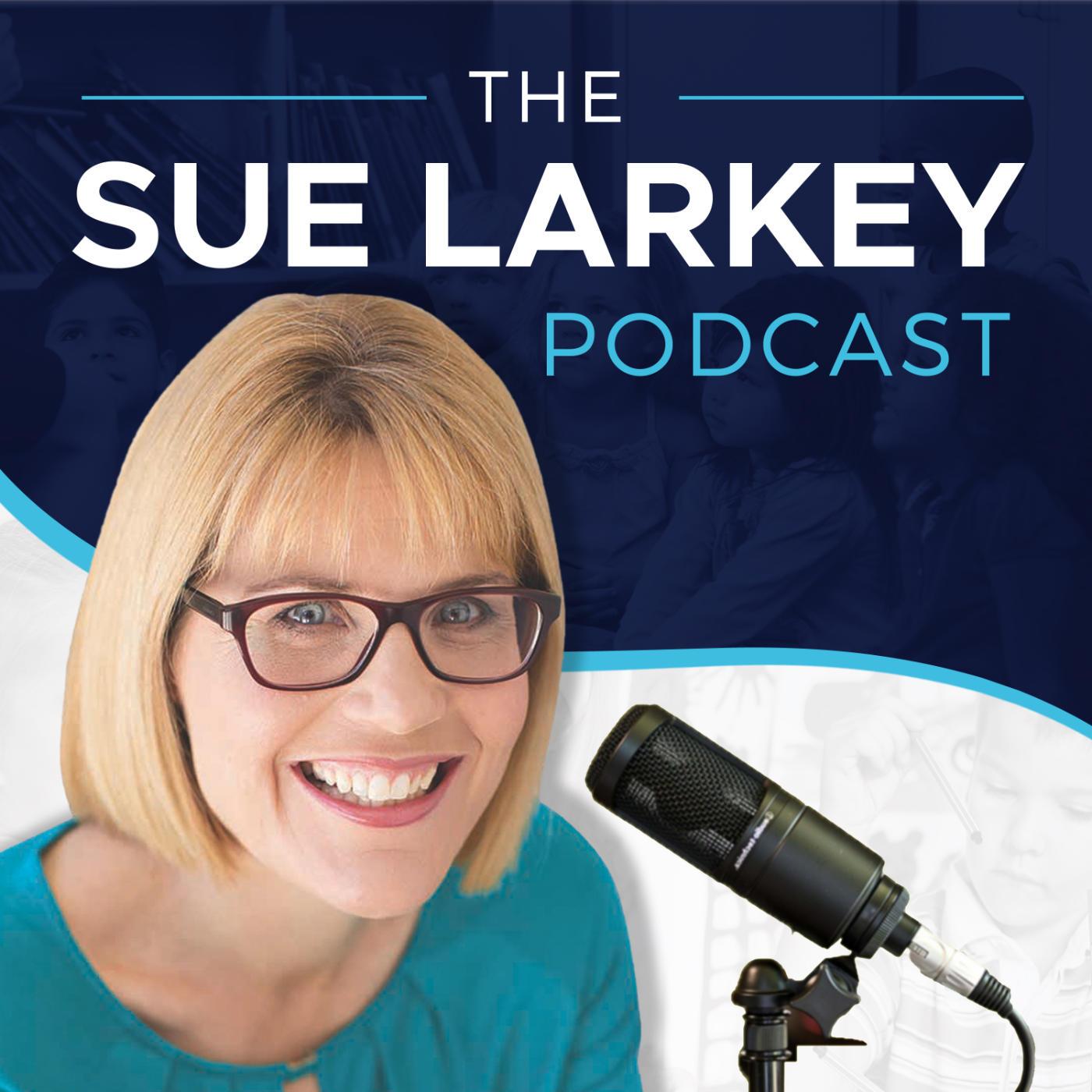
SLP 047: Transition Cheat Sheets
When I worked as an outreach teacher supporting students in mainstream schools. I created some easy to use cheat sheets for the staff and the students I supported. The more information we share the m…
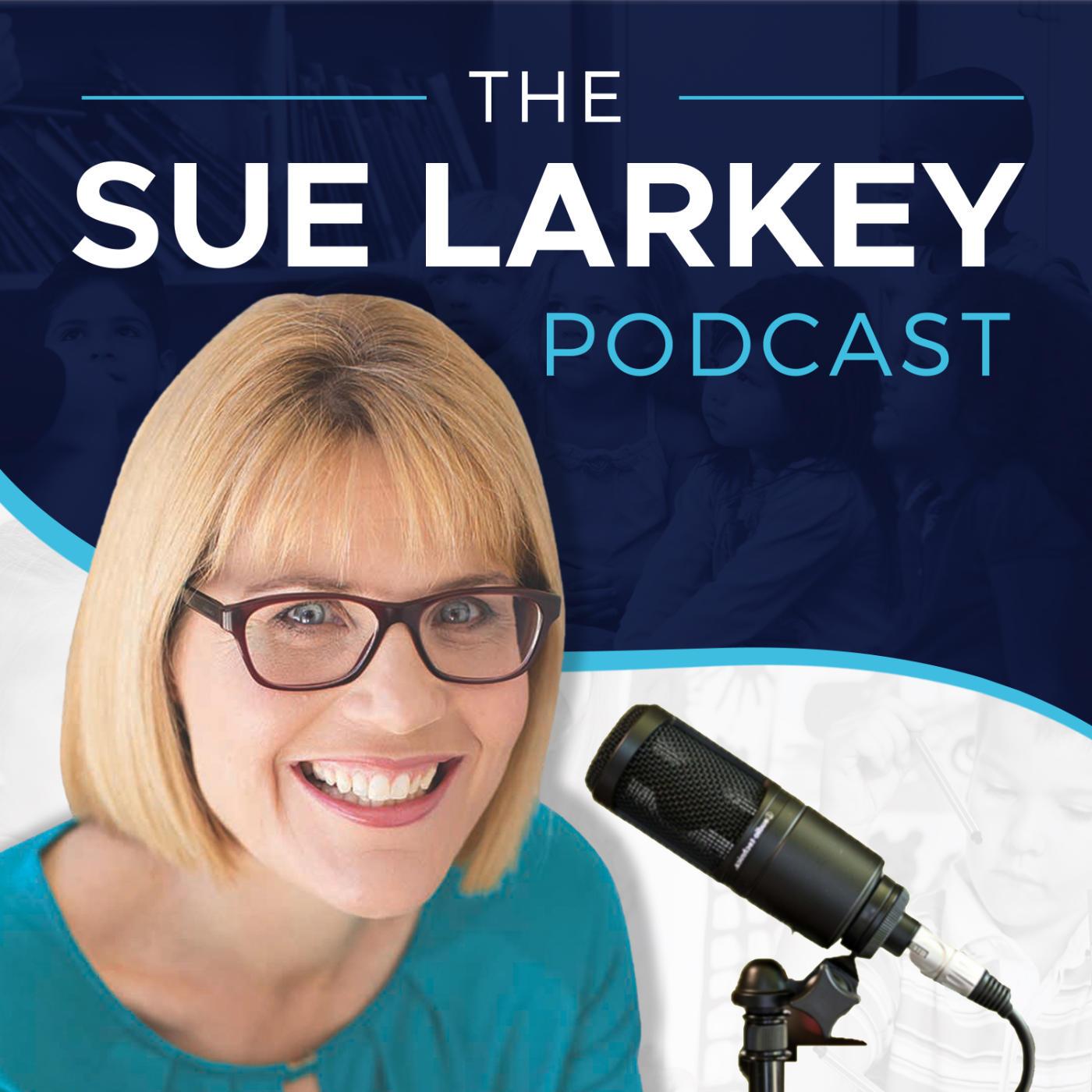
SLP 046: Tips for transitioning into 2020
Transition includes change in teacher, change in room, change in students in the class not just starting preschool, school, high school and beyond. The nature of ASD is such that transition can be ex…
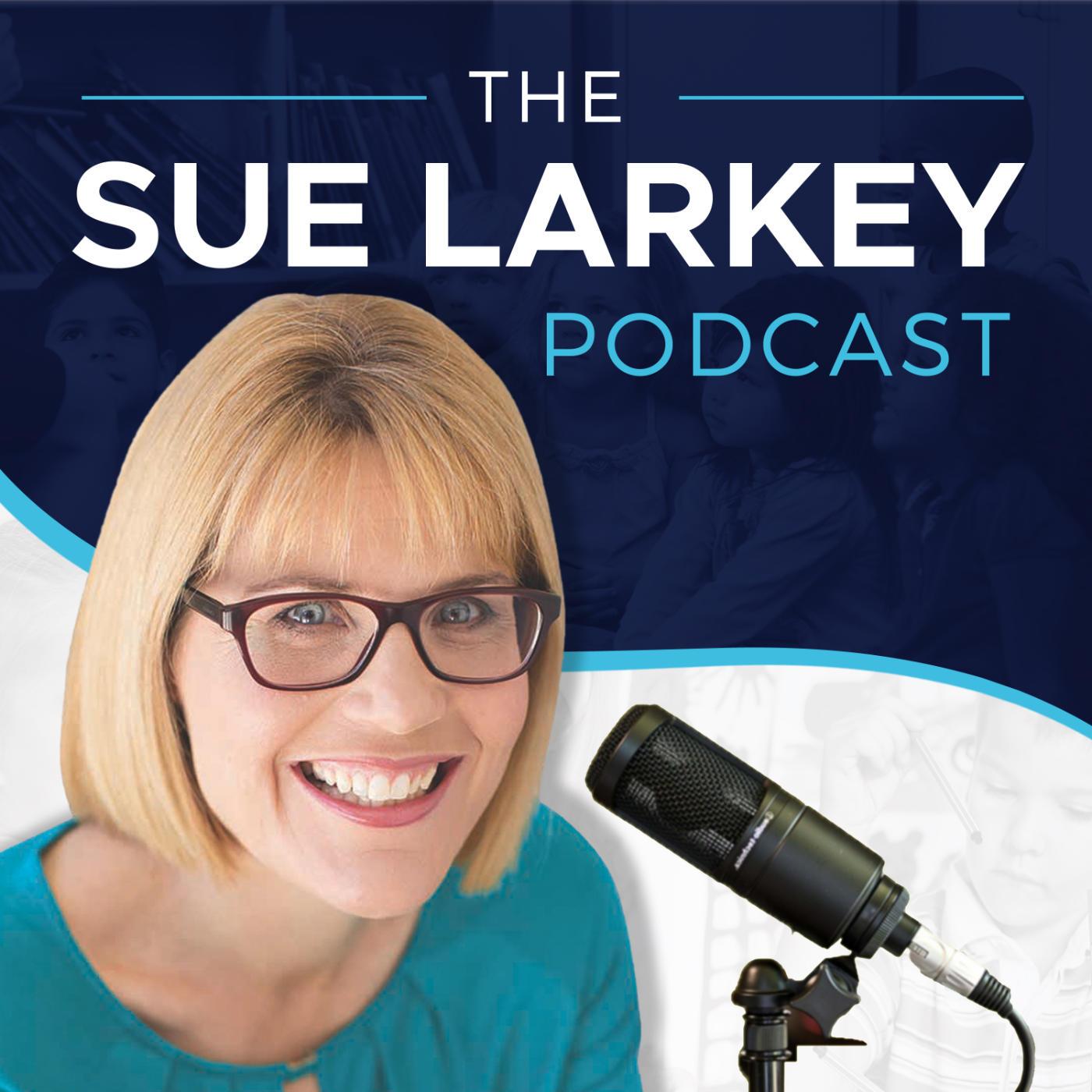
SLP 045: Bookclub - Come behind the scenes on my bookshelf
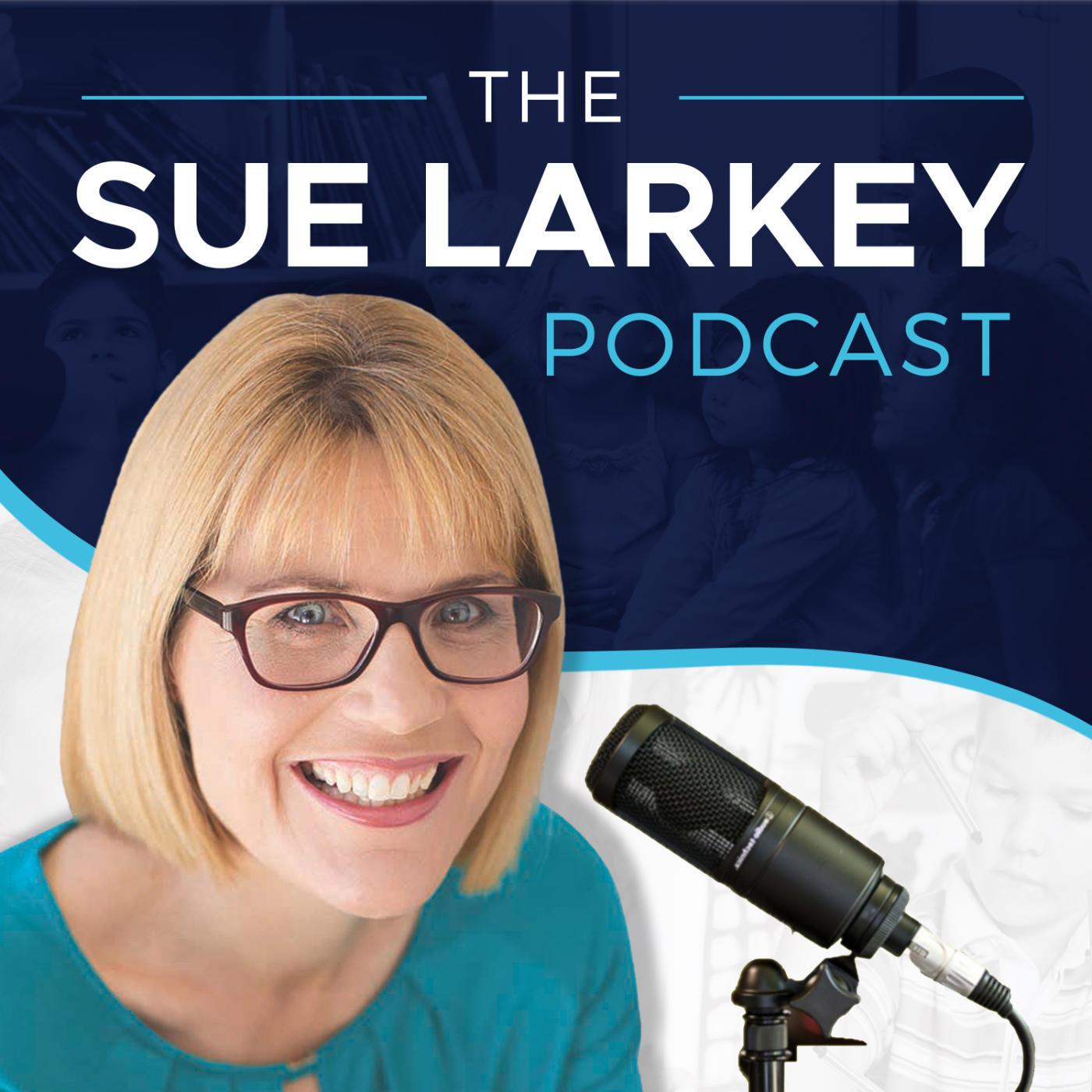
SLP 044: Warning this me Ranting
My rant about the amount of kids with ASD being sent out of the classroom, sent to the office, sent home or suspended from school per year and my thoughts about teaching emotional literacy to help re…
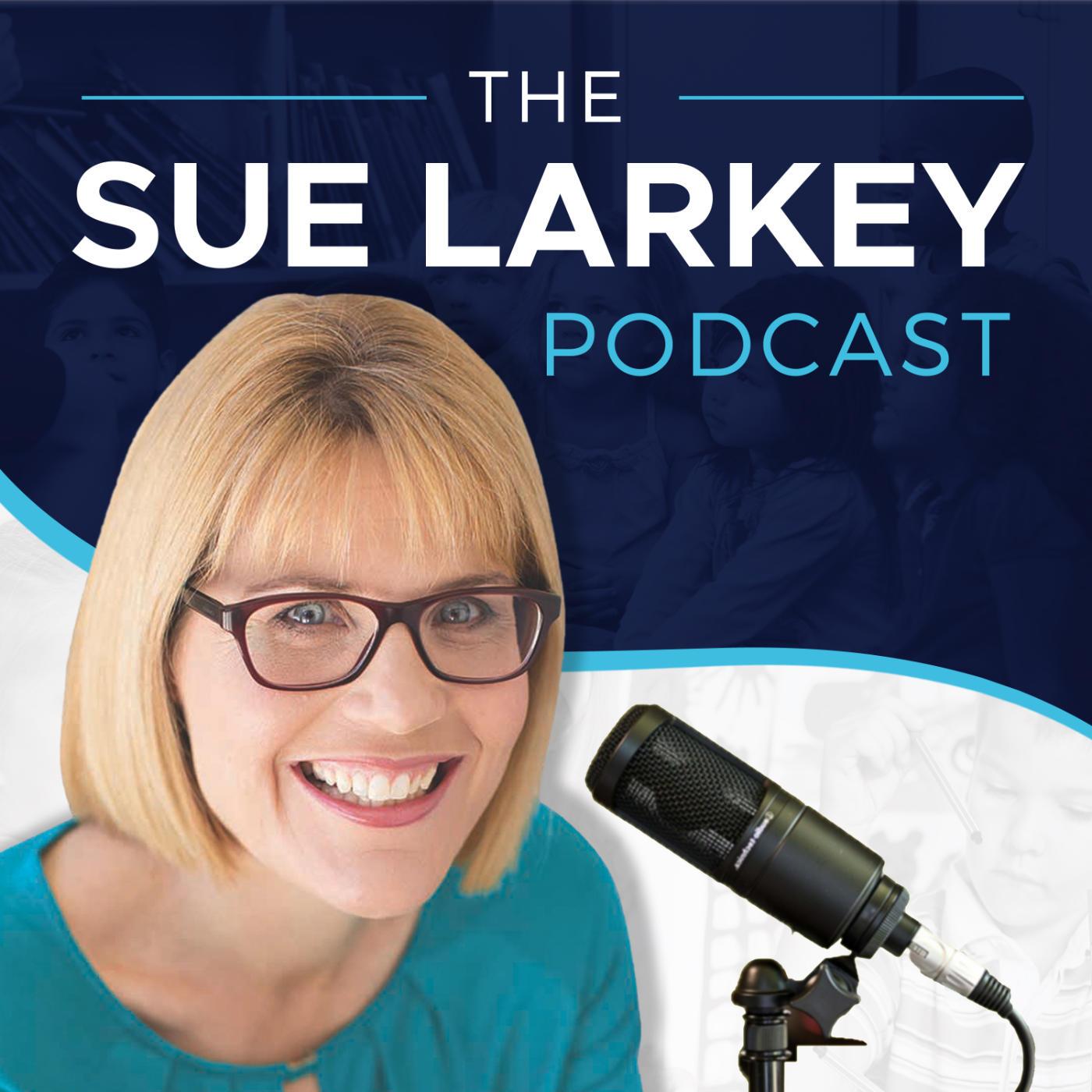
SLP 043: 16 Key Strategies for Sleep
For all children, a good night's sleep is necessary in order to learn effectively the next day. Research has found that two thirds of children with autism have sleep problems, fragmented sleep and ea…
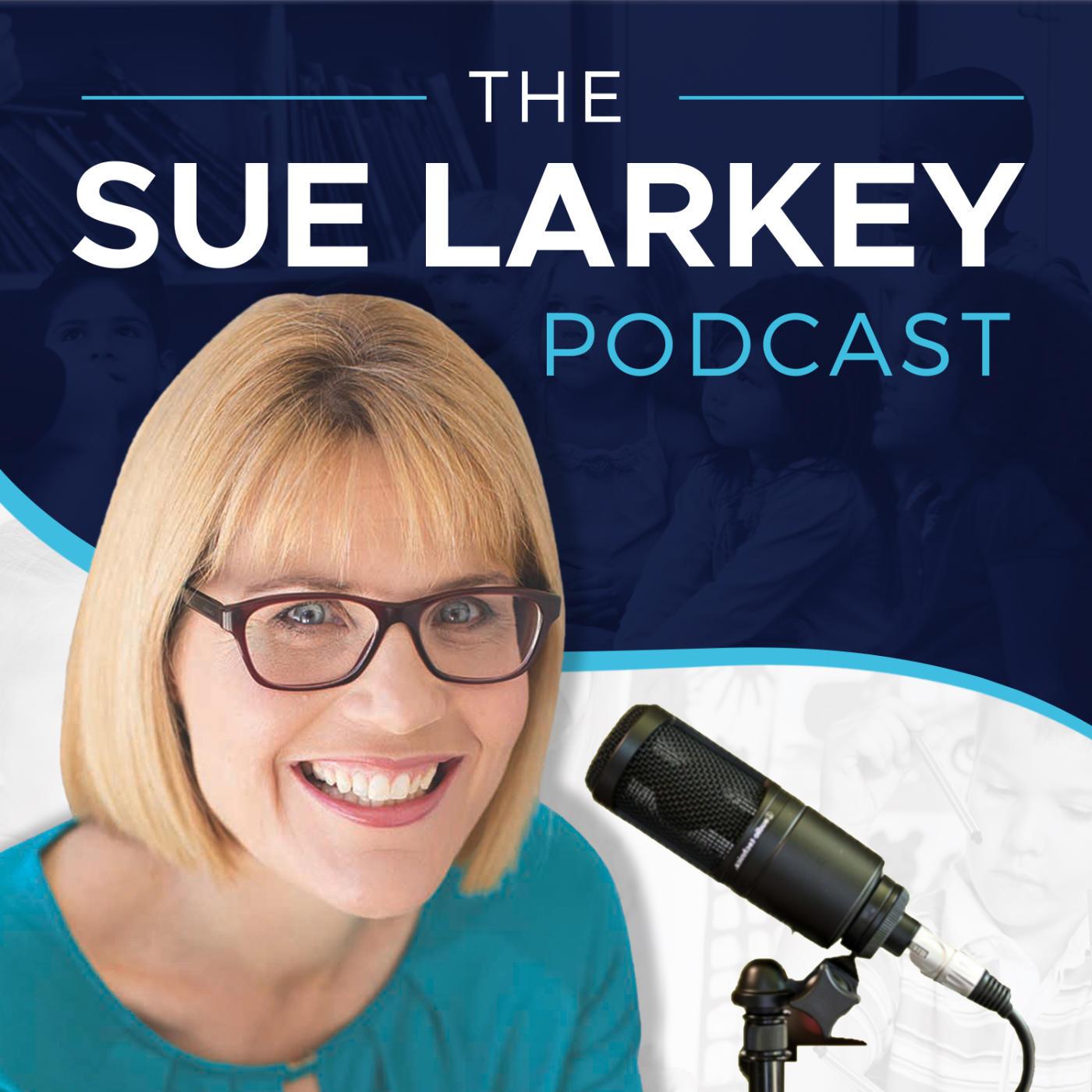
SLP 042: Bedwetting and Nighttime Toileting advice and strategies
Nocturnal enuresis is involuntary urination while asleep. This can be very challenging for kids with autism, and their families and carers. Most kids aren’t able to stay dry through the night until t…
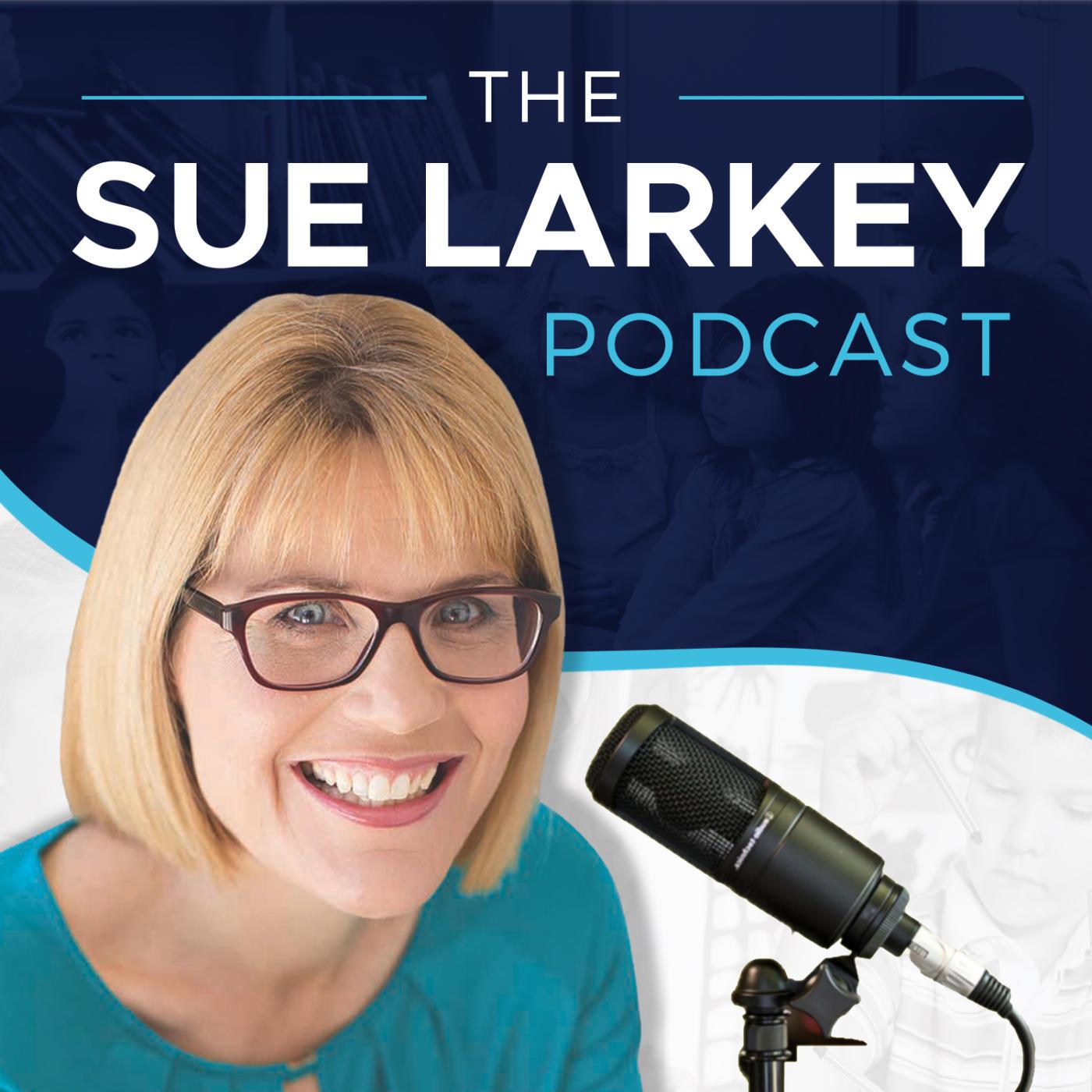
SLP 041: The Importance of Play for all ages and stages
It is through play that young children learn about and make sense of the world. They experiment with being a Mum or Dad as they act out what they have observed in daily life, e.g. feeding the baby an…
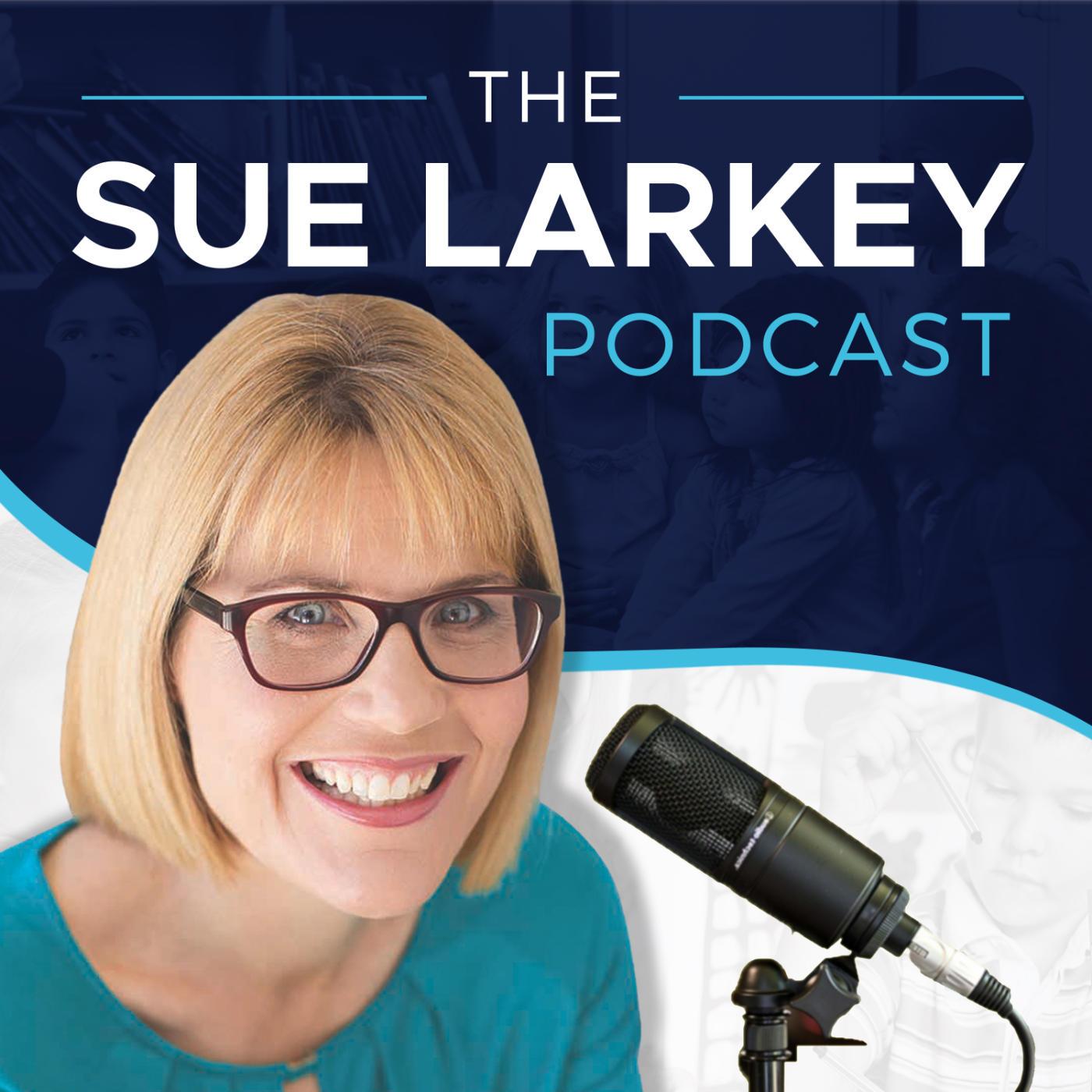
SLP 040: Understanding Sensory Processing Disorders
Sometimes you need to be a detective to recognise sensory difficulties as the underlying cause of a problem. If possible see an Occupational Therapist as they are great at assessing the child’s senso…
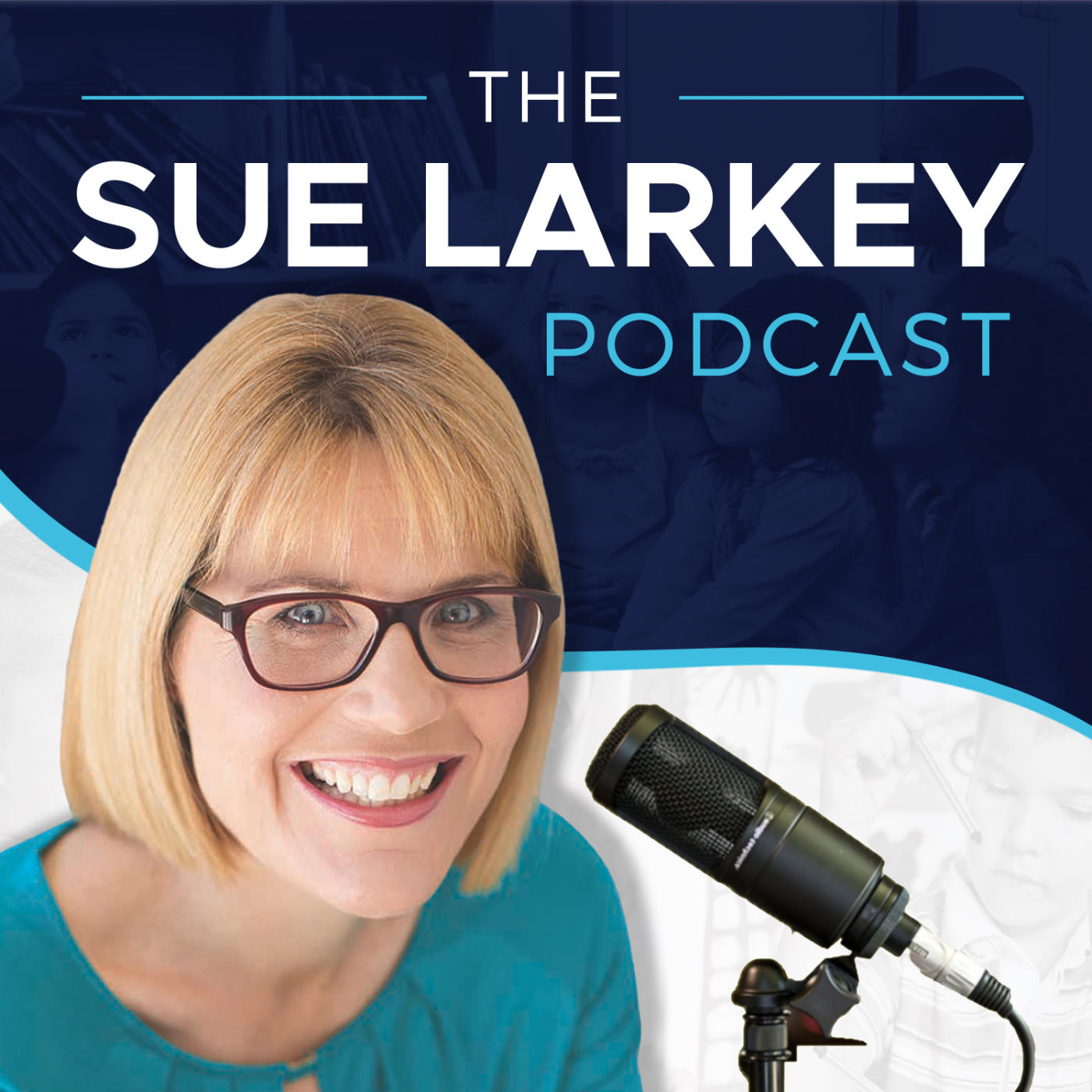
SLP 039: Using Special Interests to Motivate & Engage
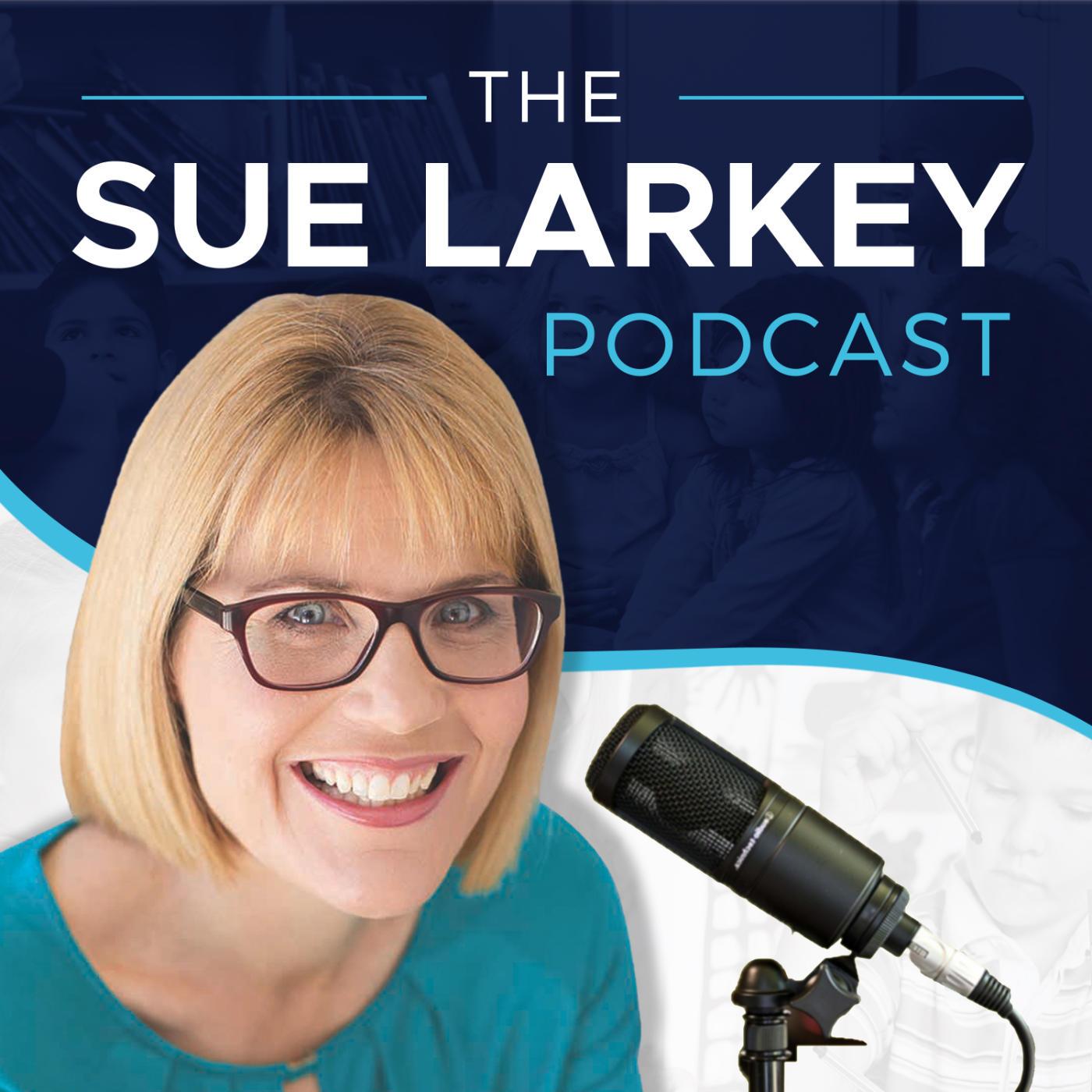
SLP 038: Teacher Assistant Appreciation Week
Some Q & A and general information for Teachers Assistants or as I alike to call them my 'Angels'.
Join the facebook group specifically for this podcast - https://www.facebook.com/groups/suelarkeypod…
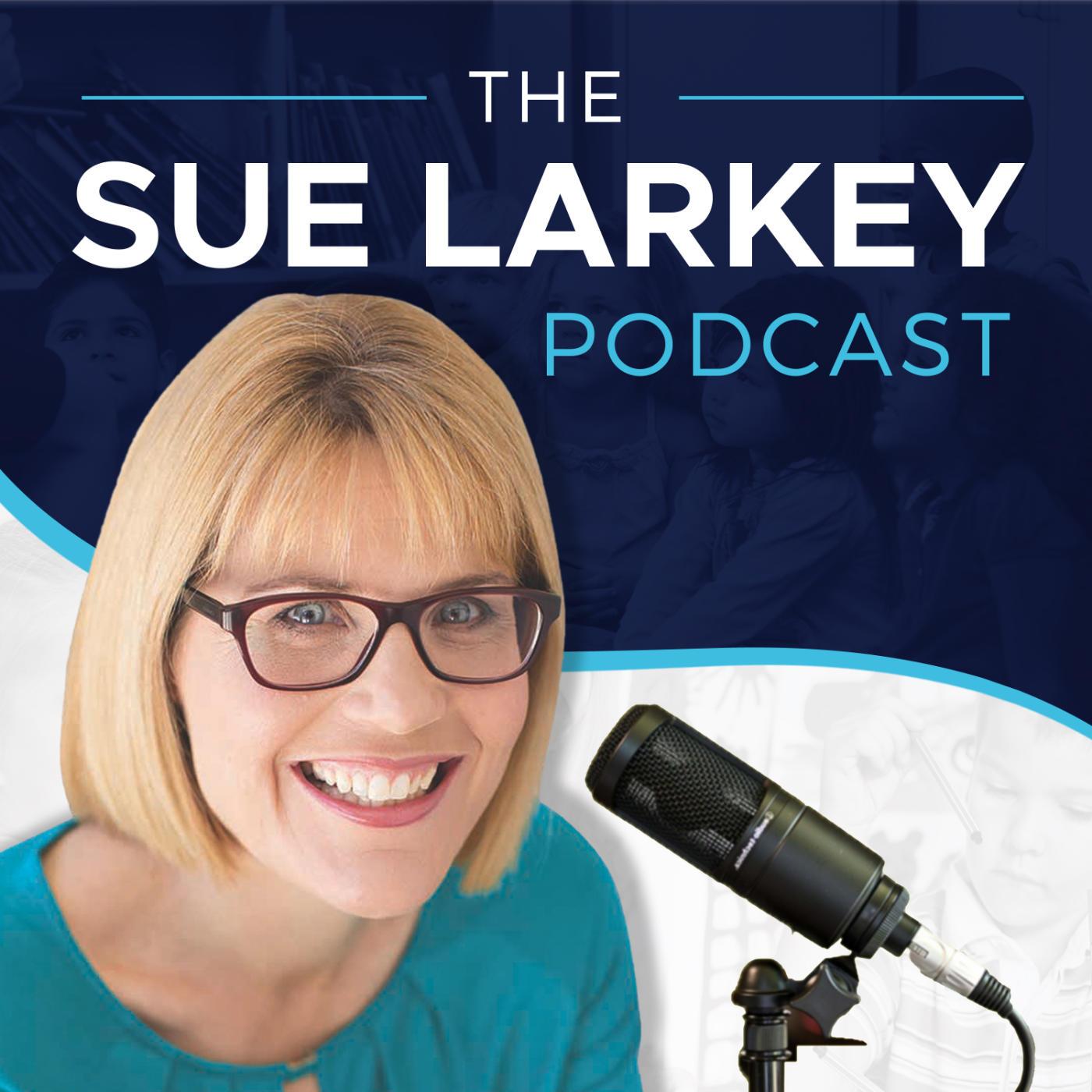
SLP 037: Dr Tony Attwood - 12 Tips to Create an ASD Friendly Classroom
Dr Tony Attwood, world renowned psychologist on Asperger’s Syndrome / High-Functioning Autism, has written a number of best selling books. His book Asperger’s Syndrome: A Guide for Parents and Profes…
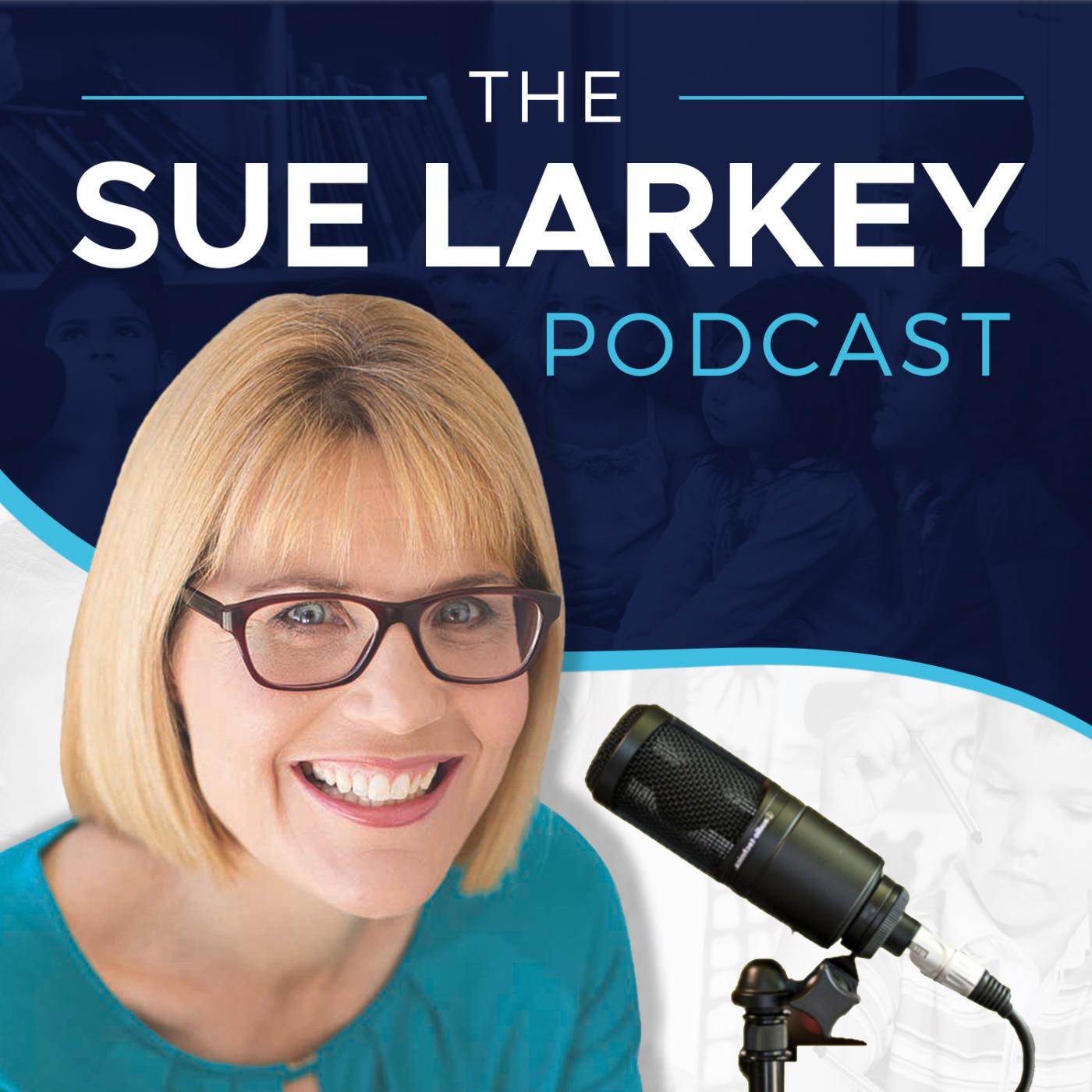
SLP 036: Puberty: Preparing for Success at Home and School
Puberty is part of natural development for all children. Puberty usually starts in girls around 10-11 and boys 11-12. Menstruation for girls typically occurs between 12 and 13, while voice changes fo…
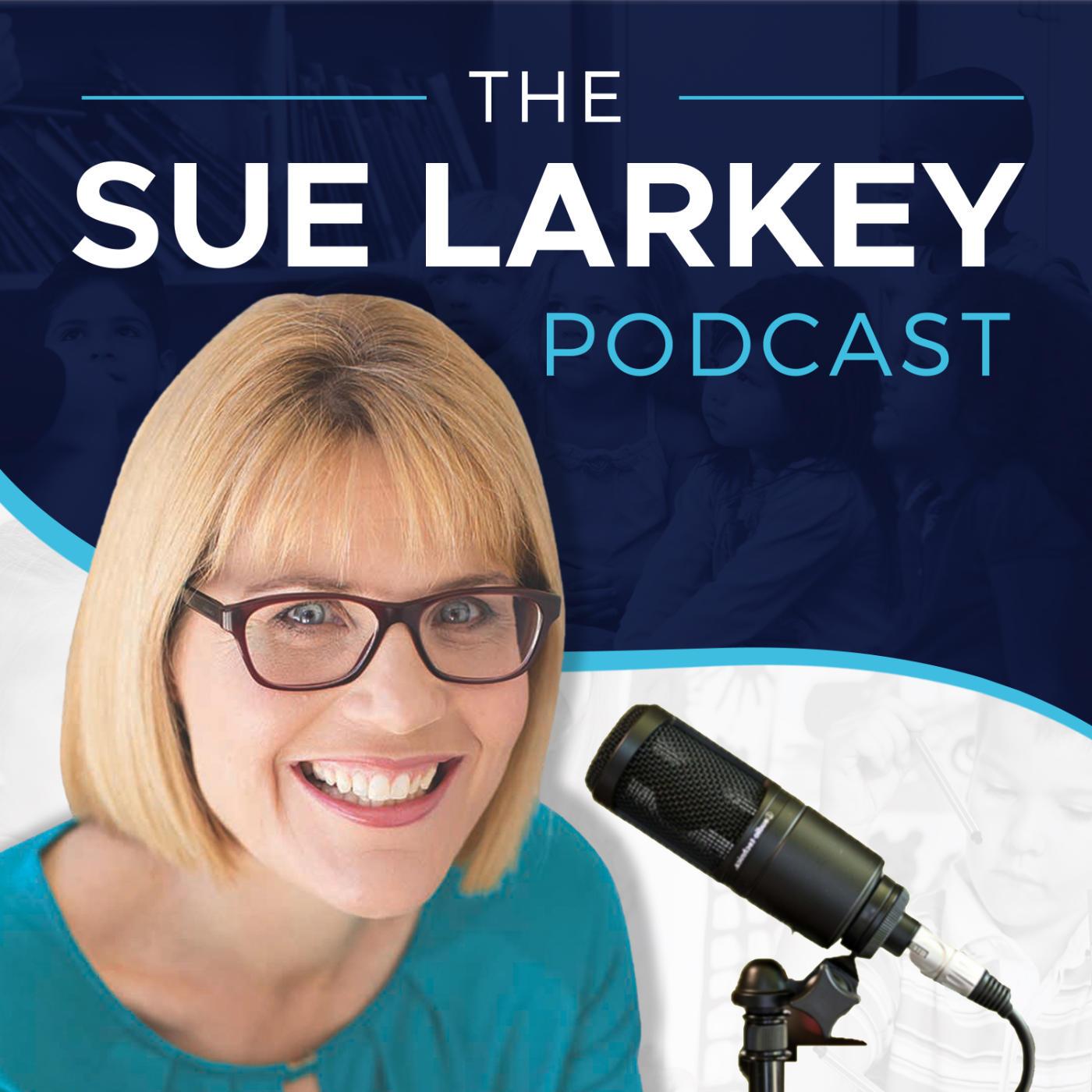
SLP 035: Slow Processing Speed - What is it - What to do
Have you noticed these signs in a child you know:
- Unorganised, often loses or forgets homework
- Rarely completes tests on time and leaves multiple questions unanswered on timed exams
- Can't perform si…
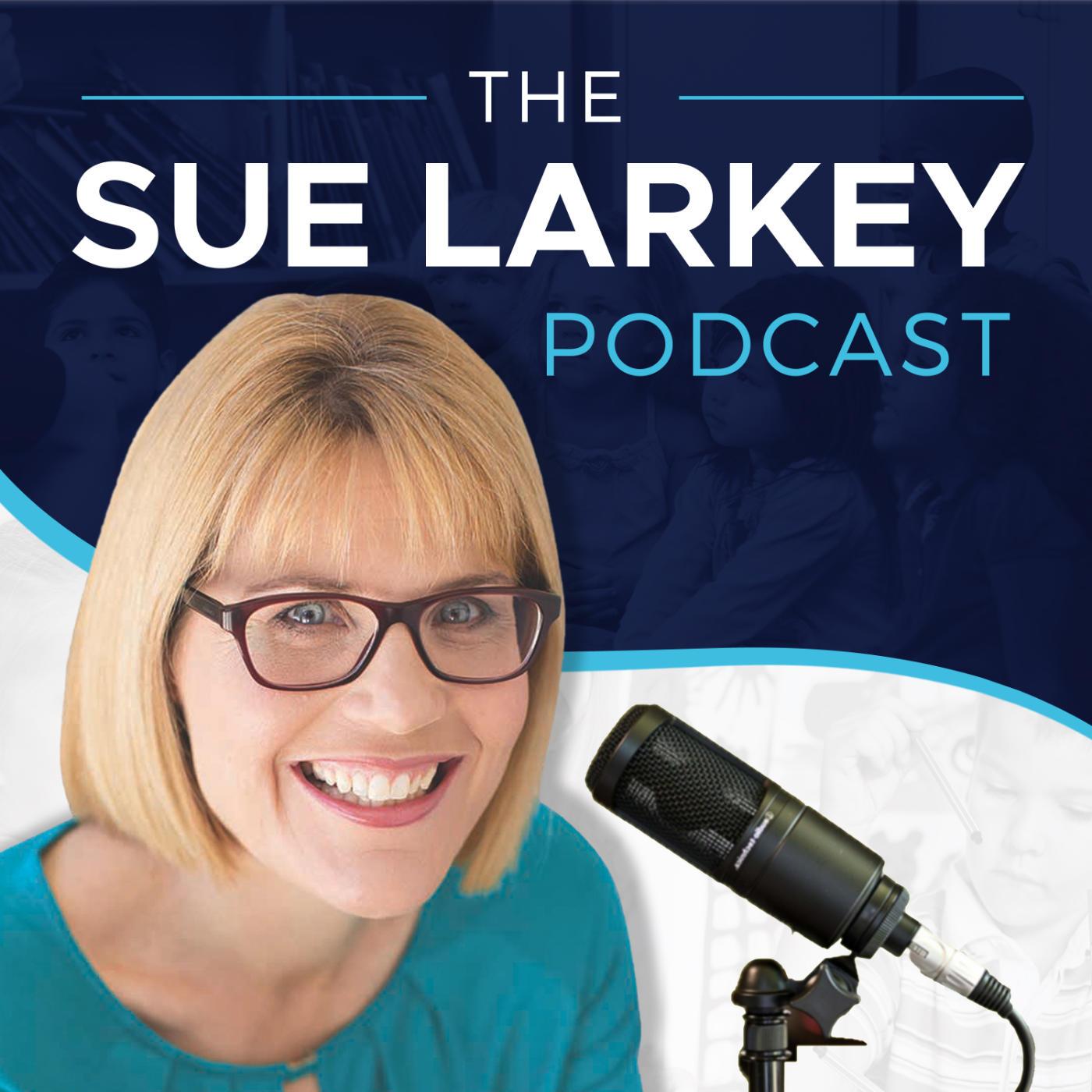
SLP 034: Strategy + Action = Success and Independence
It is very important when developing a behaviour program that you put in place two types of strategies:
- Strategies for the ADULTS to use to manage the students behaviour
- Strategies for the CHILD to …
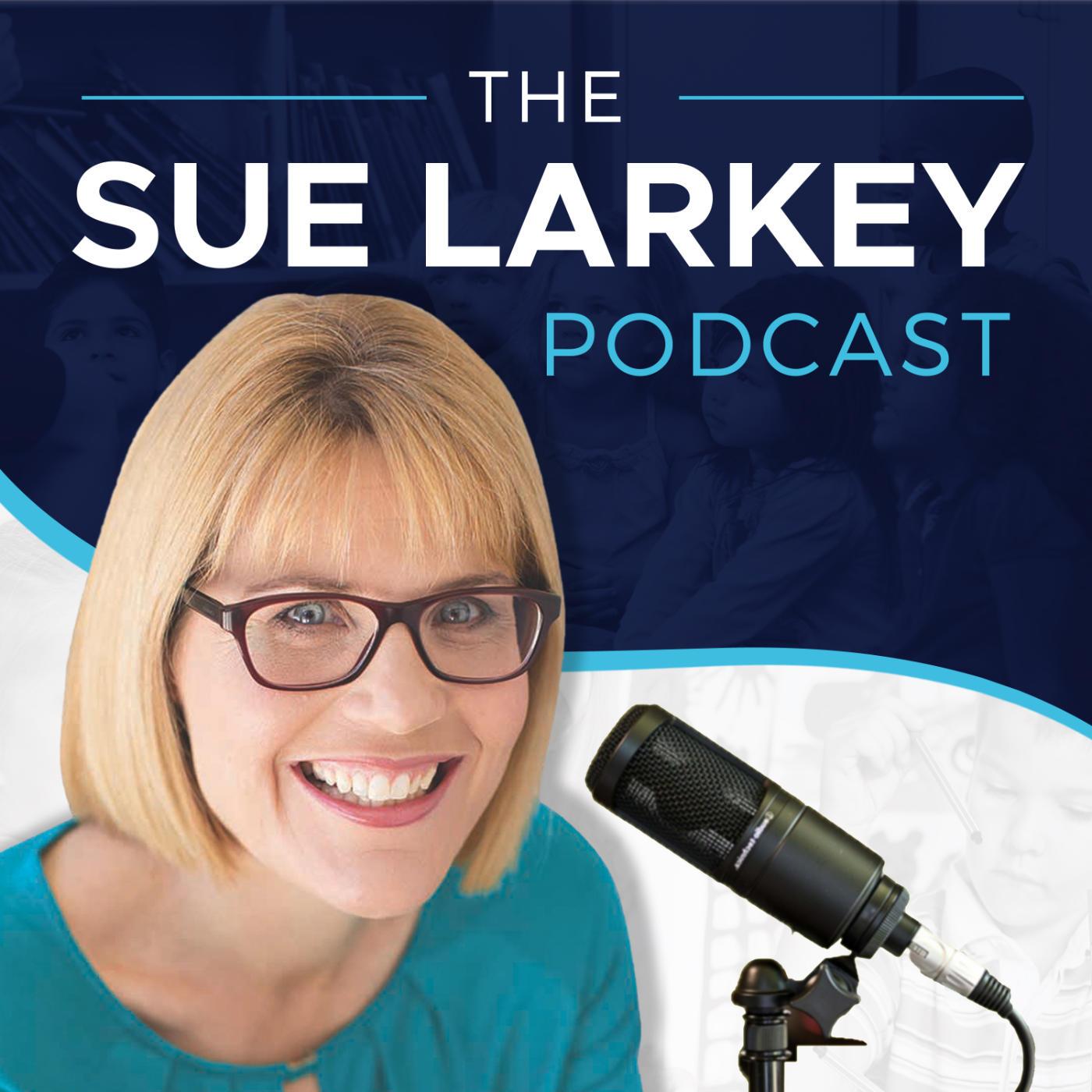
SLP 033: Understanding Mental Health and ASD
Recognising and exploring the relationship between ASD and mental health difficulties is vital, so each can be addressed successfully.
As Tony Attwood said “people with Asperger’s Syndrome appear esp…